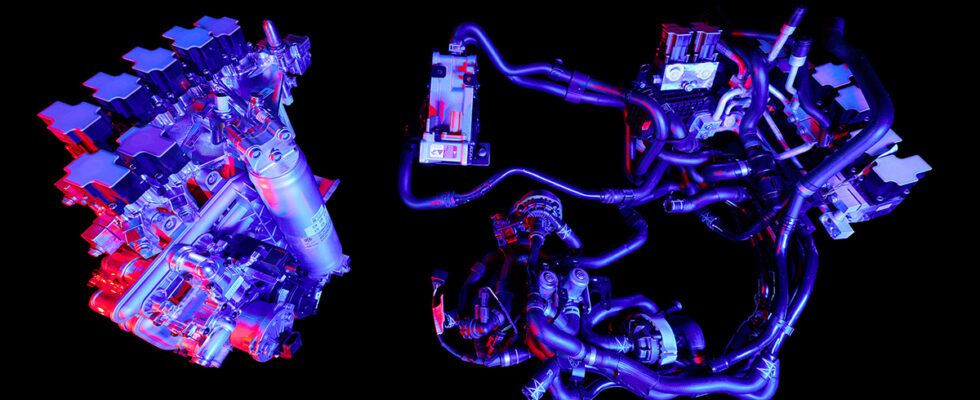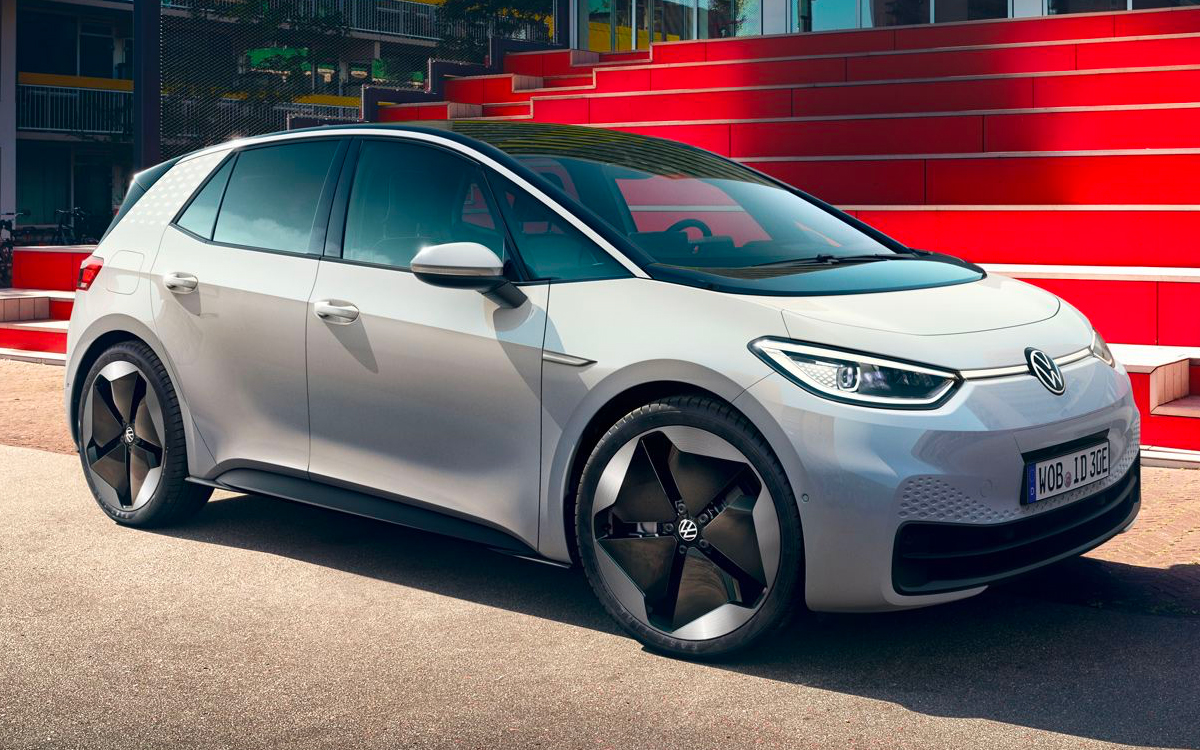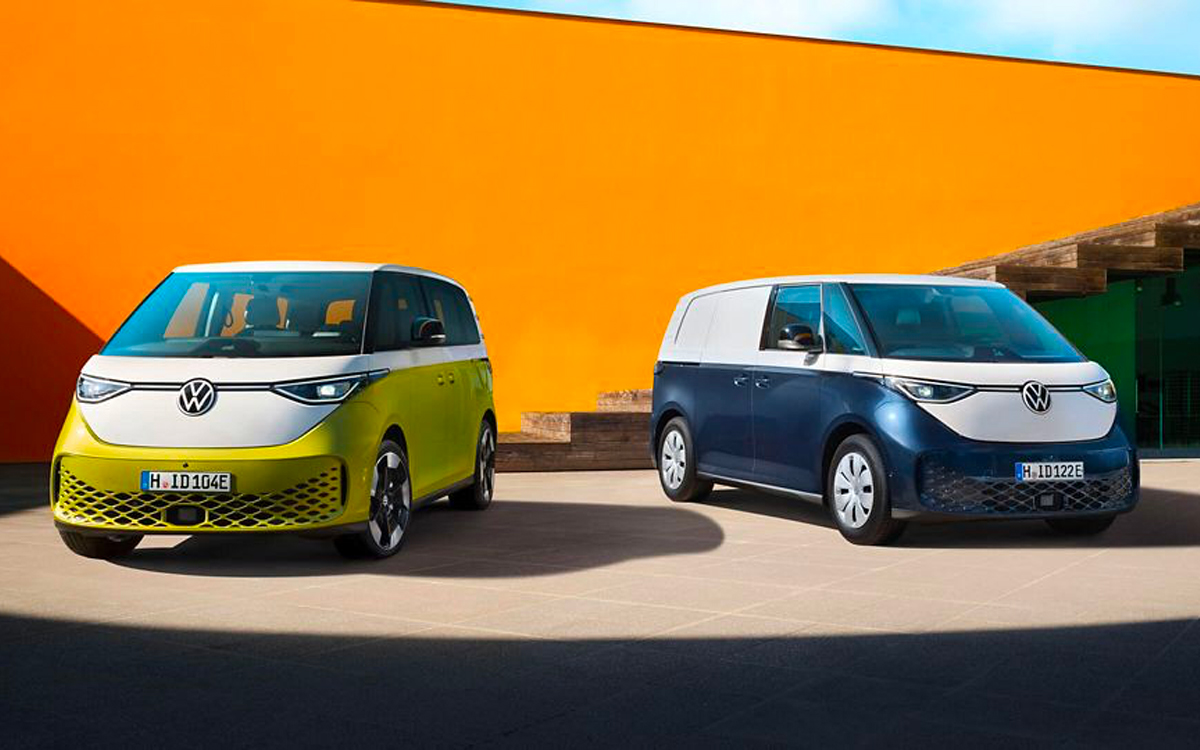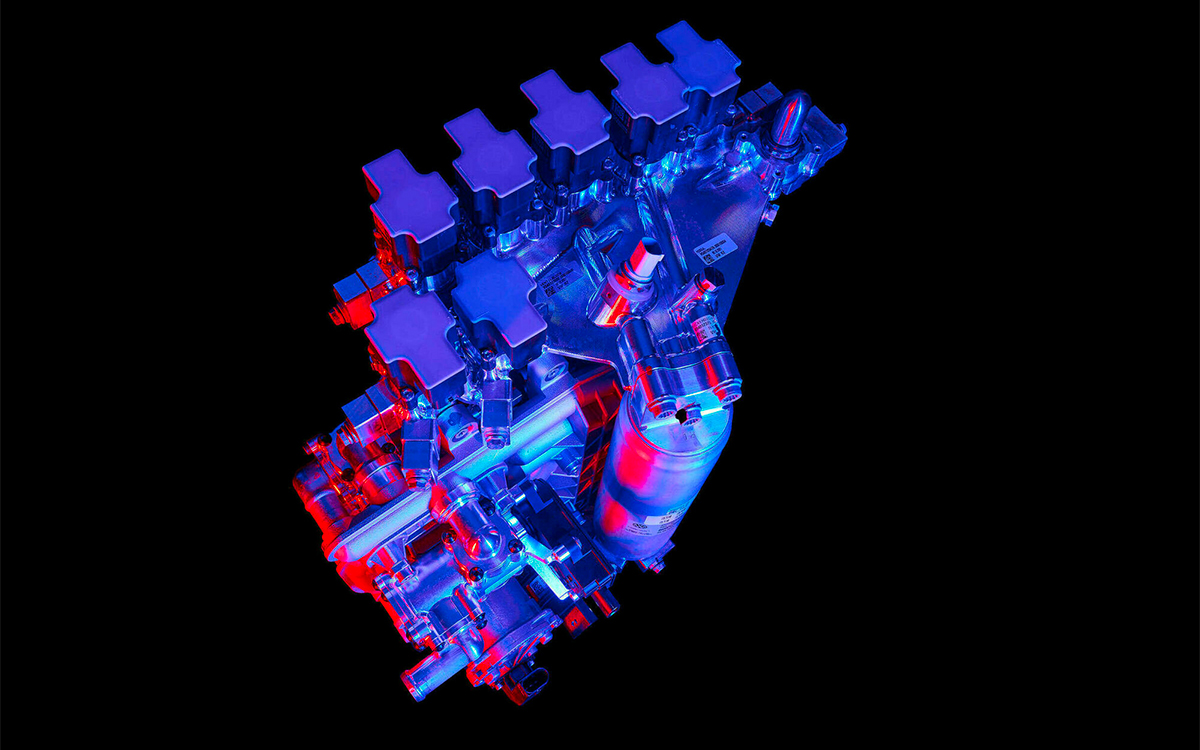Volkswagen has just made a major announcement: the development of its own electric motors and batteries. With this ambitious project, the brand hopes to be able to reduce the price of its electric cars, while drastically improving autonomy and charging time.
With a ban on the sale of new thermal cars in Europe set for 2035, many car manufacturers have taken the turn to 100% electric. This is particularly the case of Volkswagen, which confirmed in October 2022 the launch of 10 new “watted” models by 2026. And if the world market is obviously dominated by Tesla, the German brand does not have to be ashamed of its performance.
The Volkswagen ID. Buzz is already a popular hit and alone carries the group’s electrical division, with more than 26,000 units sold in 2022. In total, the brand’s electric vehicle deliveries increased by 23.6% in 2022, to reach 330,000 sales. The ID. 4 is also the company’s bestseller, with 170,000 copies sold last year. Despite these good results, however, Volkswagen knows that it still has work to do, in particular to reduce the bill for its electric cars.
With the competition, this will notably involve the use of LFP batteries (lithium-iron-phosphate battery). These cells have the advantage of being cheaper to produce (they do not require the exploitation of rare materials such as cobalt or manganese) and allow a greater number of charging cycles. However, you have to deal with less autonomy. Ford has decided to bet on LFP batteries, just like Tesla, which already uses it in some of its vehicles.
Volkswagen will design its electric motor from A to Z
At Volkswagen, the strategy is different, but just as promising. Indeed, the German manufacturer has just announced on February 20, 2023 in a press release the development of its own “complete engine” for its electric cars. He specifies that each component will be manufactured in-house.
This announcement represents a major revolution, since until now, the various brands of the VW group such as Porsche, Audi, Skoda or Seat and Cupra used subcontractors to equip their electric cars. This will soon no longer be the case.
“Thus, after battery cells and electric motors, we now intend to ensure the development of inverters with pulse width modulation and thermal management systems. This decision will allow us to make the Volkswagen Group one of the only car manufacturers in the world to offer a complete powertrain optimized down to the smallest detail.” ensures the manufacturer.
More autonomy, faster charging, a lighter bill
In fact, what will these changes bring? First of all, Volkswagen promises a 20% efficiency gain thanks to the new pulse width modulation inverter (MLI). The design of this component, which converts direct current into alternating current to power the motor, has been redesigned from scratch to offer better performance. A new modular basedesigned to integrate this new MLI, is under development.
Eventually, this inverter will be found on all of the group’s electric motors, high-volume models as well as sports cars with a power greater than 500 kW (i.e. nearly 700 hp). Volkswagen also claims that this component is already compatible with the next generation of vehicles based on the MEB platform like the ID. 7 or the next version of ID. 3 for example.
But that’s not all since the brand matters completely overhaul the thermal management system of its electric vehicles. While thermal management typically requires many individual modules and connections made with long ducts, this new module will be compact and all-in-one. Result a significant reduction in production costsfast recharging time without forgetting an overall increase in autonomy.
As you will have understood, the purpose of this project is to achieve electric vehicles that are more efficient, more durable and above all less expensive. The Volkswagen ID. 2, which is based on the ID concept. Life could be the first to benefit from these changes. As a reminder, this electric compact city car, whose the price should be around 25,000 euros, should be launched by 2025.



